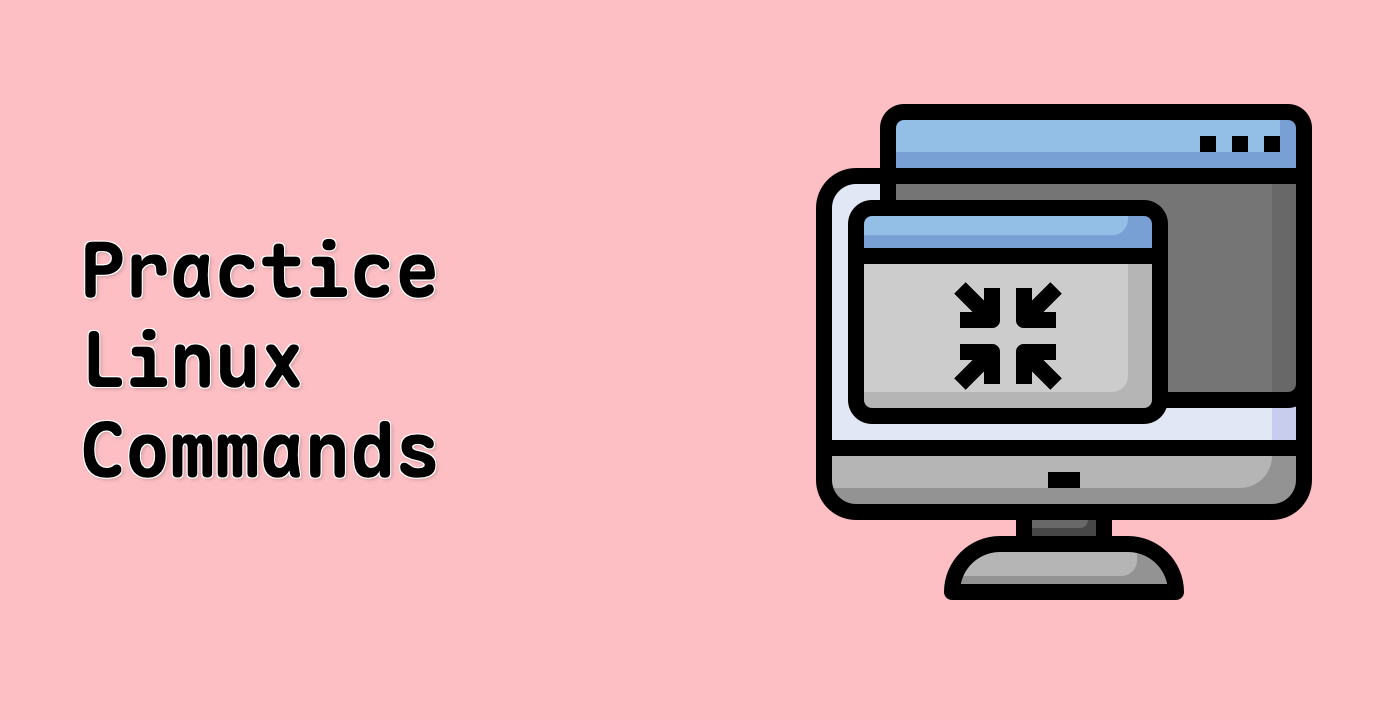Understand CMake Build Configurations
In this step, we will explore the different build configurations available in CMake and how to use them.
CMake supports several build configurations, such as Debug, Release, RelWithDebInfo, and MinSizeRel. These configurations determine the optimization and debugging settings used during the build process.
Let's start by creating a new C++ project:
cd ~/project
mkdir cmake-configurations && cd cmake-configurations
Now, create a main.cpp file with the following content:
#include <iostream>
int main() {
std::cout << "Build Configuration: " << CMAKE_BUILD_TYPE << std::endl;
return 0;
}
Next, create a CMakeLists.txt file with the following content:
cmake_minimum_required(VERSION 3.22)
project(cmake-configurations)
add_executable(cmake-configurations main.cpp)
To build the project with the default Debug configuration, run the following commands:
cmake -S . -B build
cmake --build build
Example output:
-- The C compiler identification is GNU 11.2.0
-- The CXX compiler identification is GNU 11.2.0
-- Detecting C compiler ABI info
-- Detecting C compiler ABI info - done
-- Check for working C compiler: /usr/bin/cc - skipped
-- Detecting C compile features
-- Detecting C compile features - done
-- Detecting CXX compiler ABI info
-- Detecting CXX compiler ABI info - done
-- Check for working CXX compiler: /usr/bin/c++ - skipped
-- Detecting CXX compile features
-- Detecting CXX compile features - done
-- Configuring done
-- Generating done
-- Build files have been written to: /home/labex/project/cmake-configurations/build
Scanning dependencies of target cmake-configurations
[ 50%] Building CXX object CMakeFiles/cmake-configurations.dir/main.cpp.o
[100%] Linking CXX executable cmake-configurations
[100%] Built target cmake-configurations
Run the built executable:
./build/cmake-configurations
Example output:
Build Configuration: Debug
Now, let's build the project with the Release configuration:
cmake -S . -B build -DCMAKE_BUILD_TYPE=Release
cmake --build build
Example output:
-- The C compiler identification is GNU 11.2.0
-- The CXX compiler identification is GNU 11.2.0
-- Detecting C compiler ABI info
-- Detecting C compiler ABI info - done
-- Check for working C compiler: /usr/bin/cc - skipped
-- Detecting C compile features
-- Detecting C compile features - done
-- Detecting CXX compiler ABI info
-- Detecting CXX compiler ABI info - done
-- Check for working CXX compiler: /usr/bin/c++ - skipped
-- Detecting CXX compile features
-- Detecting CXX compile features - done
-- Configuring done
-- Generating done
-- Build files have been written to: /home/labex/project/cmake-configurations/build
Scanning dependencies of target cmake-configurations
[ 50%] Building CXX object CMakeFiles/cmake-configurations.dir/main.cpp.o
[100%] Linking CXX executable cmake-configurations
[100%] Built target cmake-configurations
Run the built executable:
./build/cmake-configurations
Example output:
Build Configuration: Release
As you can see, the build configuration is reflected in the output of the executable. The Debug configuration is used by default, but you can specify a different configuration using the -DCMAKE_BUILD_TYPE option when running cmake.




